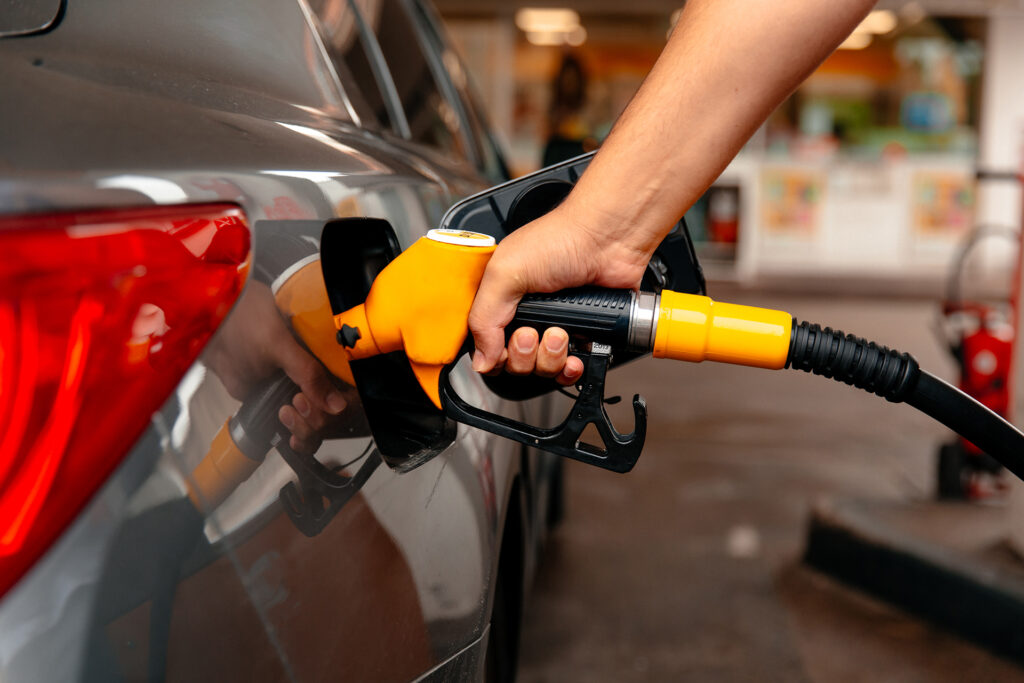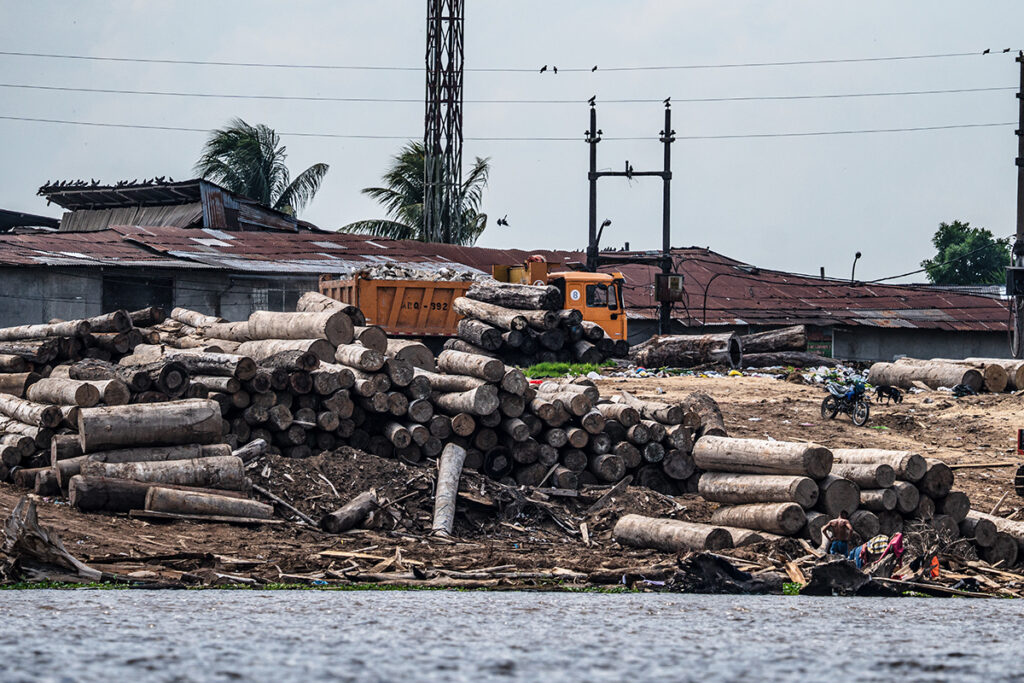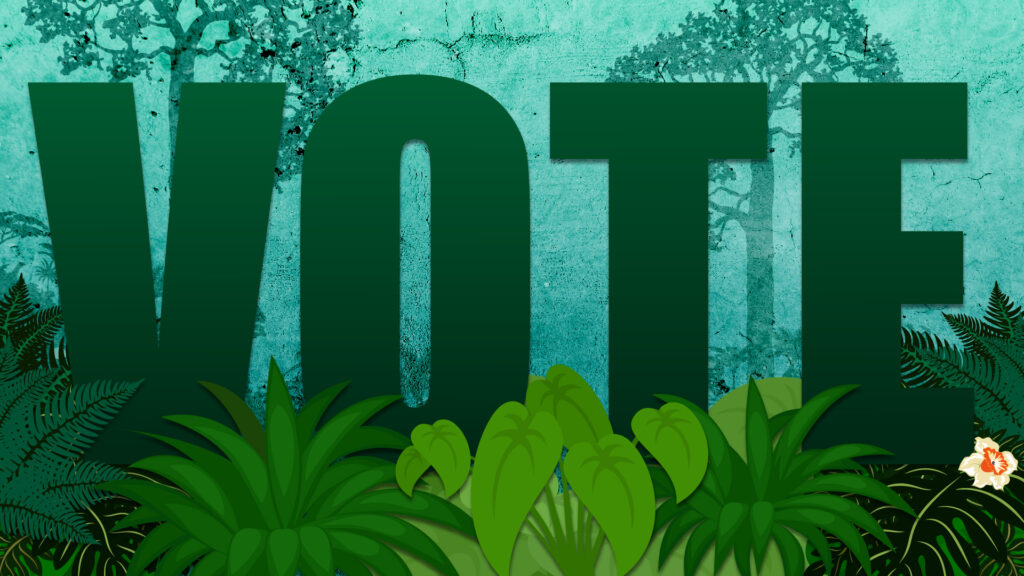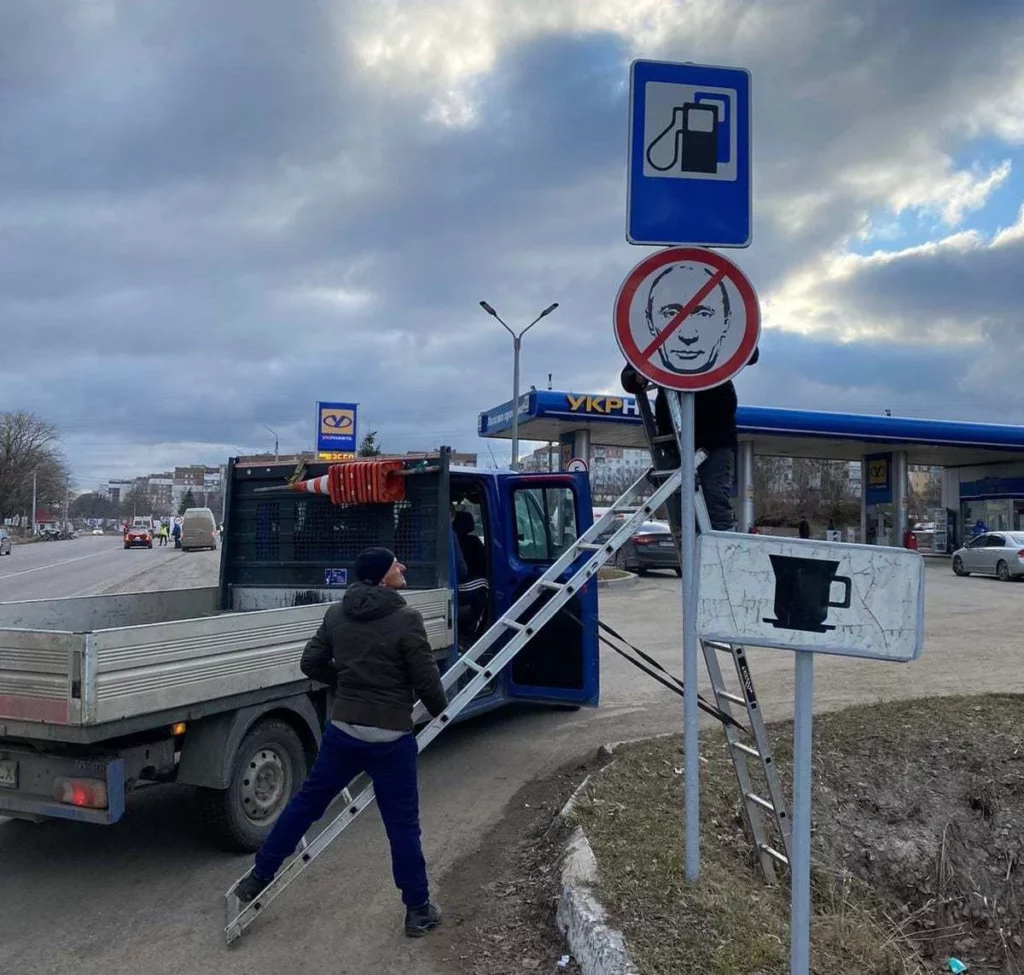
Carolyn Keller
Contributor
Carolyn Keller is a freelance writer, teacher and former journalist with a PhD in English from Binghamton University. She has traveled throughout Latin America, including extended stays in Mexico and Ecuador.
Learn more about Carolyn Keller
October 17, 2022
The Amazon is not a subplot. Neither are the midterm elections.
Did you know the Peruvian Amazon rainforest alone occupies a territory larger than that of Ukraine? I did not. That’s a fun fact I dug up from Amazon Watch when researching this blog.
That’s not all they have in common. Both are also under attack from autocratic leaders determined to hang onto power. This I knew. You may have, too. Your friends might not though, so you should tell them: while both the Amazon and Ukraine may feel a world away, and only one is making nightly news headlines, ignoring the destructive impact autocrats – via Russian President Vladimir Putin’s literal invasion and current Brazilian President Jair Bolsonaro’s war on the environment and indigenous communities – could have profound impacts on a global scale, as well as on ordinary Americans’ daily lives.
Climate and Democracy
These twin threats, to climate and democracy alike, should not be separated. If we’re lucky enough to be able to separate them now, we won’t be able to for long. But while Putin has recently and perhaps understandably pulled focus, it’s worth remembering that Bolsonaro too is playing a profoundly destructive part on the global stage. In the assortment of autocratic entrances and exits, there are no limits to the villains willing to take the spotlight. We could look to the Saudi government too, as well as to our own backyard – but let’s put a pin in that for now and turn instead to Ukraine.
A future filled with autocracies and fossil fuels is not a future that’s viable for life.
Throughout the past year, Vladimir Putin has demonstrated all too well the impact autocracy can have on not just our climate goals but also our daily lives. One need look no further than spiking gas prices and the ensuing flurry of disinformation and real financial pain that the hikes have caused. In the U.S., for everyday Americans, gas prices are just one indicator of war-and-climate-wrought impacts via inflation, but there’s likewise a sense of dread as winter looms, and with it, the thought of energy price hikes that will spike the cost of heating our homes.

Frankly, if these are the biggest impacts we feel from these twin threats, we’re profoundly lucky. It may not seem like it – and trust me, I’m not exactly made of money, so I’m not just preaching at you – but if we don’t collectively step forward and do something to combat climate change, the pain at the pump is just a taste of what’s to come. A future filled with autocracies and fossil fuels is not a future that’s viable for life.
It’s one thing to anticipate this, as many have. Back in March, the Los Angeles Times ran a headline: “Ukraine is a climate story. Because everything is a climate story,” while The Guardian offered “Putin’s War Shows Autocracies and Fossil Fuels Go Hand in Hand.”
It’s another thing entirely to live it, and live it under the menace of inflation. In practical terms, the United States and Europe have to figure out how to meet their energy needs. Their citizens have basic needs for survival. They need to be able to afford to heat their homes. They also need to eat, which is something else the war in Ukraine threatens: Putin has demonstrated the devastating potential impact of blocking Ukraine’s ports on the Black Sea. Doing so could dramatically impact the effects of global hunger, not just because of the war, but also because of climate change’s impact on grain harvests – drought, often exacerbated by climate change, limits the agricultural resources the world can draw on should Putin clamp down on and gain control of Ukraine’s southern regions.
We need to fix this – both for the immediate term and for the future that, as Hurricane Ian so recently reminded us, is alarmingly close to the present. But how?
It’s tricky, because of how interconnected we are.
For those looking for solutions, it goes like this:
- Want to limit Putin’s geopolitical influence? Get off fossil fuels. Advance climate initiatives. Engage the Middle East.
- But what if – as happened recently to the Biden Administration – we get the finger from the Middle East? The week of Oct. 5, OPEC+, which includes Saudi Arabia and Russia, decided to cut oil production by two million gallons per day to stabilize oil prices and keep gas prices high. Now what? Go back to square one. Get off fossil fuels. Advance climate initiatives. Engage … who, exactly?
You see the dilemma. There are different choices, different approaches to mitigate Putin’s influence, as well as autocrats’ influence in Brazil (and the U.S., and Saudi Arabia, for that matter. Leave the pin in that for now. Leave the pin in Saudi for the foreseeable future, actually, as armchair solving that one is beyond me at present and I have no action items for you, besides perhaps calling Congress).
Over the past 20 years, the Brazilian Amazon has lost 350,000 square kilometers and emitted 13% more carbon dioxide than it absorbed.
Some argue that boosting U.S. oil and gas production is the way to go – cue the howls from the climate-concerned. Others offer that the answer lies in limiting energy dependence and speeding the transition from fossil fuels to clean energy. Which, I mean, no kidding.
Obviously, the latter is preferable, but this returns us to the central question: how do we get there?
This is normally the point in the blog where I’d turn to the Amazon for answers. This time, there’s little consolation there. Surprisingly, for a region often called the lungs of the world, it’s not even currently the solution to our climate woes: The Economist, in one of their nifty “Graphic Detail” entries, offers this nugget about the Brazilian Amazon: “A chunk nearly the size of Kuwait is felled or burned every year …. Over the past 20 years, the Brazilian Amazon has lost 350,000 square kilometers and emitted 13% more carbon dioxide than it absorbed. The trend shows little sign of reversing soon.”
We need the rainforest more than ever, and the rate at which its being depleted is alarming. It should alarm all of us.
The Economist also reports that emissions in the Brazilian Amazon in 2001-2020 exceeded those of Argentina and Pakistan. We need the rainforest more than ever, and the rate at which its being depleted is alarming. It should alarm all of us.
This time, in the Amazon we only find more questions. As it turns out, that region is also being held hostage by the war in Ukraine. And because autocracy and energy go hand in hand, and in the case of Ukraine and Brazil, the damage to the Amazon hasn’t just been done – it’s ongoing, and highly dependent on who’s in power now, and who will be in power soon.
How the war in ukraine affects the amazon rainforest

So, how is Ukraine impacting a country in the South Atlantic? Let’s turn to the Amazon’s question set. The list of concerns spawned from the crisis in Ukraine is a little different from the ones we face in the U.S.
Those questions go a bit like this:
- In the short term, will countries be looking to the Amazon because of food, oil and energy they’re not getting globally?
- Has Brazilian President Jair Bolsonaro been emboldened by Putin’s devastating exercise in power? Will he be encouraged to burn more of the rainforest and speed deforestation in the name of creating more farmland to assuage the grain crisis exacerbated by – you guessed it – the war in Ukraine and climate change?
- Will Bolsonaro even be in power this time next year?
And there’s the rub. This fall, Brazil’s having an election. As of this writing, Bolsonaro has moved into a runoff with Lula – that’s Luiz Inácio Lula da Silva, former President of Brazil and left-wing union leader who in the past four years has been plagued by corruption charges. The return of Lula, it turns out, may be the Amazon’s best hope, or, at least, the better of two options.
But even if Lula wins, the impacts of an autocratic leader will linger. Even if Bolsonaro goes, Bolsonarists will likely control Brazil’s senate. If Lula does win, it’s likely he’ll be limited in terms of what he can do to protect the endangered area so often called the lungs of the world. One month from now, Putin will likely still be in power, and we’ll likely know if Bolsonaro will be too.
If there’s one lesson in this story, it’s this: The Amazon is not a subplot. Too often, we treat it like one. Too often, we take it for granted.
If there’s one lesson in this story, it’s this: The Amazon is not a subplot. Too often, we treat it like one. Too often, we take it for granted. But while our attention is diverted with the devastation in Ukraine and the ongoing threats to Western democracies, we’re in danger of losing the plot. Or, at least, in danger of losing another major plotline that impacts the possibility of limiting the havoc climate change will wreak.
So what can we do from the U.S?
The U.S. has an election of our own coming up. And if the Amazon’s not a subplot, guess what? Neither are the midterm elections. We have choices to make this fall. You may have heard democracy’s on the line? It’s not just that.

In The Guardian, McKibben notes how “the U.S., whose deep democratic deficits have long haunted climate negotiations” is the “reason we have a system of voluntary pledges, not a binding global agreement… the world finally figured out there would never be 66 votes in the US Senate for a real treaty.” And so we’re “left contemplating a world whose people badly want action on climate change but whose systems aren’t delivering it.” (McKibben)
It’s very easy to look at literal existential issues facing us and feel impossibly small. To feel a deep desire to detach. But there’s room for heroes on this stage too. Heroism doesn’t have to be grand. It can be – and often is – perfectly ordinary:
It’s bleak. We can’t pretend it’s not. I’ve spent a lot of time describing villainy in this blog. It’s very easy to look at literal existential issues facing us and feel impossibly small. To feel helpless, powerless. To feel a deep desire to detach.
So, I would be out of order if I did not make space to also argue this: There’s room for heroes on this stage too. Invoking a term like “hero” makes me feel a bit delusional, given, uh, everything, but then again, heroism doesn’t have to be grand. It can be – and often is – perfectly ordinary:
- Casting a ballot
- Calling your representative in Congress
- Register to vote
- Help register a friend or family member to vote
- Having a conversation
We need big systemic changes, it’s true, but there’s a danger in denying individual agency. Sometimes the extent of the changes we desperately need are overwhelming. We need to prevent that overwhelm from happening.
Lessons from Ukraine
Perhaps, on this point, we can take a lesson from everyday Ukrainians. When Putin first invaded Ukraine, and the Russian invasion was imminent, Twitter was alight with advice from everything from how to make a homemade Molotov cocktail to tactical but almost comically simple suggestions for urban warfare: remove street signs to confuse invading Russian forces, for example. Open a fire hydrant and flood the streets, which would then freeze in the March cold of the invasion’s early days, make those streets impassable.

…look closer at how Ukraine is fighting this war: in increments. Together.
I’m definitely not suggesting violence – I take spiders outside in cups, guys. The only violence I commit is upon mosquitos. But what I am suggesting is that we look closer at how Ukraine is fighting this war: in increments. Together.
When Russia invaded, individual Ukrainians gathered to do what they could to save the home they loved. Perhaps, rather than let the nightmares on the news overwhelm us, we can instead take a note from Ukraine. It can be as simple as choice: choosing where to place our attention, choosing which actions to take. Choose to take them.
On climate, for example. On Brazil. On our elections. On the midterms. On your polling place.
Register to vote. Register a friend to vote. Find unexpected allies – we’re deeply polarized, it’s true, but odds are your friendly neighborhood conservative farmer, for example, is seeing the impacts of climate change firsthand and is worried what we’re doing about it because her livelihood depends on it. Do what you can, where you can. All forward motion counts.
Set your gaze toward the change you want to see, and keep it there. Keep it there, and then find a way to walk towards it, one step at a time.
Set your gaze toward the change you want to see, and keep it there. Keep it there, and then find a way to walk towards it, one step at a time.
And, this November, vote like your life depends on it. Because – not to sound dramatic, but also at this point, what the hell – it just might.
References:
Baker, Aryn. (2022, April 29). “The Ukraine Food Price Crisis is just a Preview of What Could Happen as Climate Change Worsens.” https://time.com/6172270/ukraine-food-price-crisis-climate-change/
Guajajara, Sônia. (2022, October 12). “The Fat of the Amazon Rainforest Depends on the Brazil Election.” Time Magazine. https://time.com/6221323/brazil-elections-amazon-rainforest-sonia-guajajara/
Hogan [@Hogan698]. (2022, February 25). Take down street signs. Don’t let the enemy know where they are. Move signs to the wrong streets. Tanks are [Tweet]. Twitter. https://twitter.com/Hogan698/status/1497291905020928005
Maisonnave, Fabiano. (2022, June 3). “Immersed in Crisis, Peru Neglects Amazon’s Destruction.” Associated Press. https://apnews.com/article/russia-ukraine-climate-science-rio-de-janeiro-e7615815e6b1c0cd5ee736e18d865f13
Mateus, Sophia Diogo. (2022, February 25). “Ukrainians Google ‘how to make a Molotov cocktail’ after defense ministers’ call to arms.” The Washington Post. https://www.washingtonpost.com/world/2022/02/25/ukraine-google-molotov-cocktails-resistance-russia/?utm_campaign=wp_main&utm_medium=social&utm_source=twitter
McKibben, Bill. (2022, April 11). “Putin’s war shows autocracies and fossil fuels go hand in hand. Here’s how to tackle both.” The Guardian. https://www.theguardian.com/environment/2022/apr/11/putin-autocracies-fossil-fuels-climate-action
Roth, Sammy. (2022, March 3). “Ukraine is a climate story. Because everything is /a climate story.” Los Angeles Times. https://www.latimes.com/environment/newsletter/2022-03-03/ukraine-is-a-climate-story-because-everything-is-a-climate-story-boiling-point
Watson, Katy. “Lula: Brazil ex-president’s corruption convictions annulled.” (2021, March 9). BBC News. https://www.bbc.com/news/world-latin-america-56326389
“The Brazilian Amazon has been a net carbon emitter since 2016.” (2022, May 21). The Economist. https://www.economist.com/interactive/graphic-detail/2022/05/21/the-brazilian-amazon-has-been-a-net-carbon-emitter-since-2016
